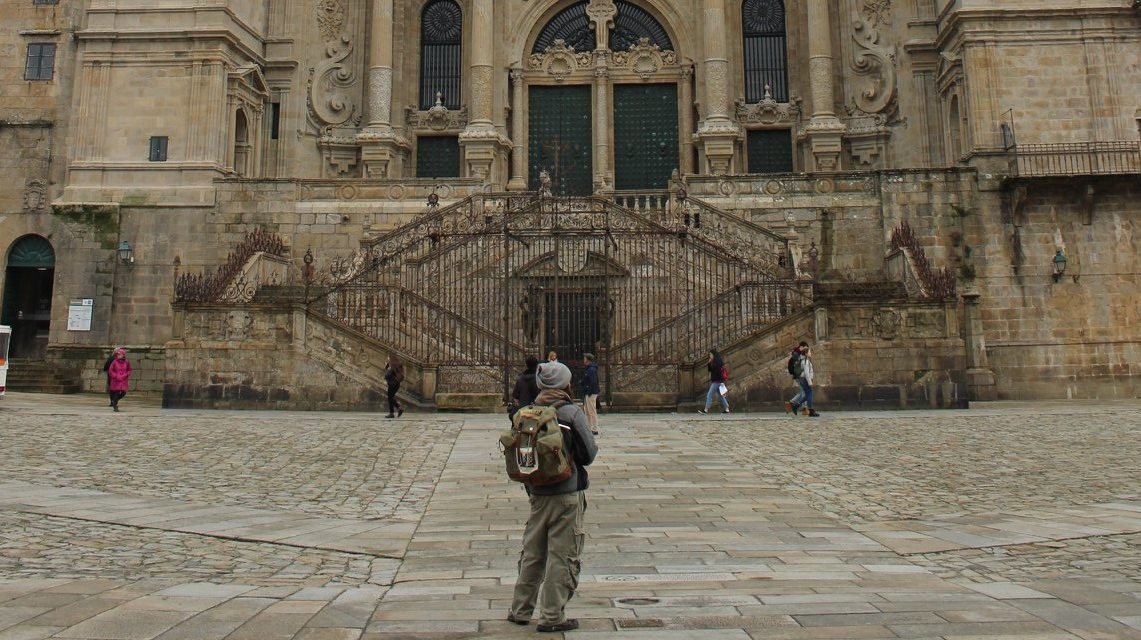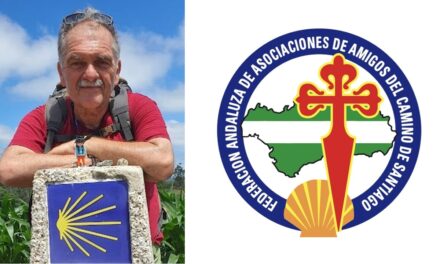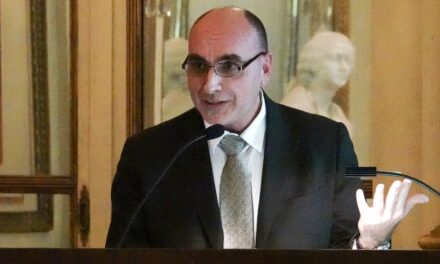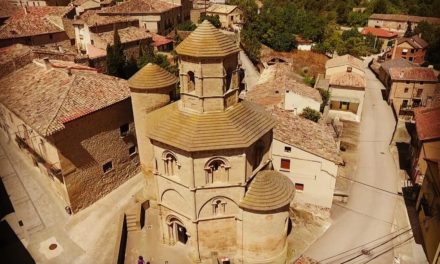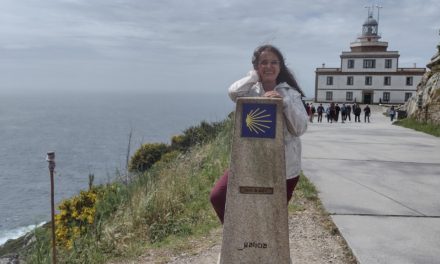The Camino resists with 1,1193 Compostelas delivered in a month of December marked by the sixth wave of covid-19. The majority of Spaniards, but 30% of foreigners from various countries in Europe (1,084), America (79), Asia (22), Oceania (5) and Africa (3), confirm that the pilgrimage to Santiago has not lost its essentially international nature, even over Christmas.
In December 1,193 pilgrims collected the Compostela: 678 men and 515 women. 1,168 of them traveled the Camino on foot; 21 by bicycle; 2 by sail; 1 on horseback; 1 in a wheelchair.
Their nationalities were: 809 Spain; 70 Portugal; 52 France; 46 Italy; 32 Germany; 24 United States; 14 Brazil; 13 United Kingdom; 12 Belgium; 10 Korea; 10 Colombia; 9 Mexico; 9 Holland; 6 Switzerland; 5 Hungary; 5 Czech Republic; 5 Canada; 5 Ireland; 5 China; 4 Australia and 48 from other countries.
The most traveled was the French Way (691); followed by Central Portuguese (229); English (66); Portuguese by the Coast (49); Primitive (48); Via de la Plata (41); North (40); other roads (17); Winter Way (11); Fisterra-Muxía (1).
The main starting points were Sarria (371) and Tui (108), but there are also starting points for long-distance routes such as S. Jean P. de Port (81), Le Puy (28), Roncesvalles (20) and Lisbon (16). Other points of origin were: Ferrol, O Cebreiro, Valença, León, Ourense, Oviedo, Pamplona, etc. .
There were no incidents and the pilgrims who arrived in Santiago did so following the hygiene and safety regulations and respecting the restrictions. In Spain, Galicia and Compostela, the health situation has worsened a lot throughout the month, but it is still possible to spend the night in all the centers of the Camino, to use the hotel services, to pick up the Compostela, to attend the Pilgrim’s Mass and to visit the Cathedral. Many public and private hostels are open.

